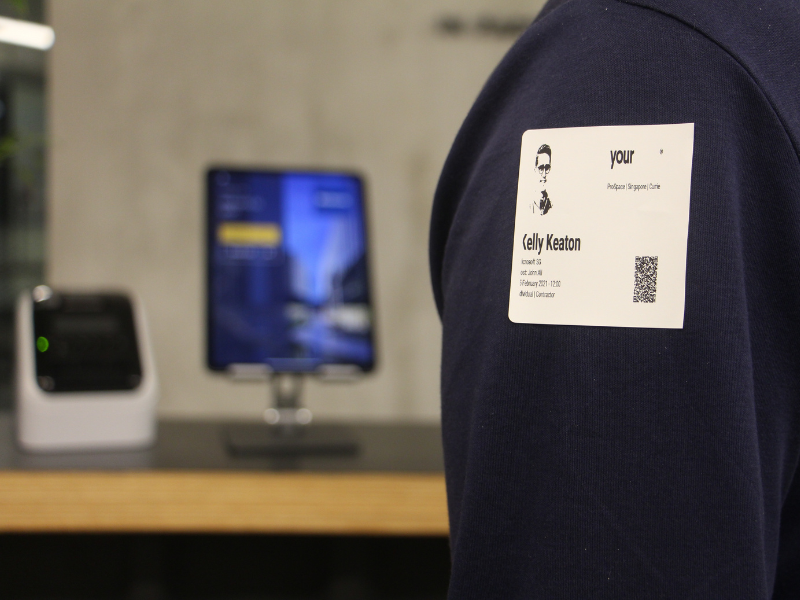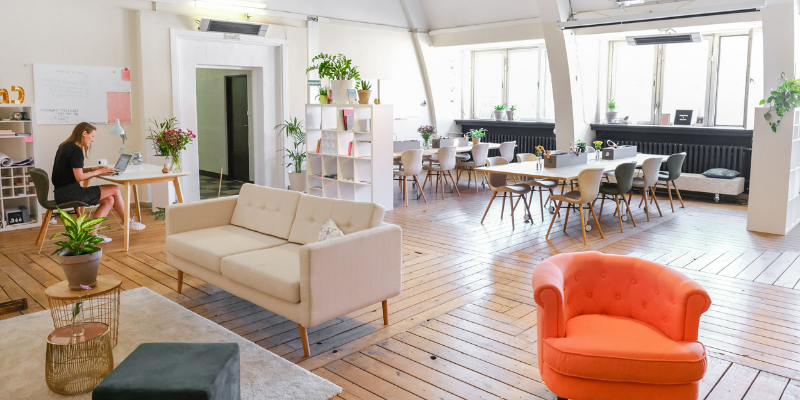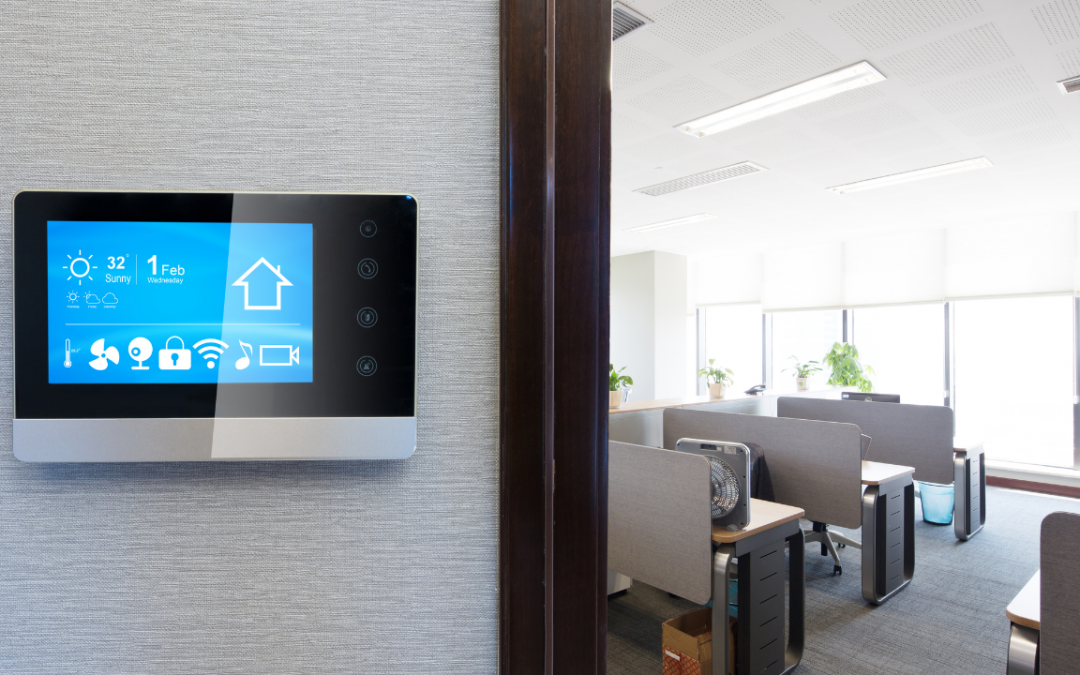At the end of 2019, remote working was growing in popularity but still only represented about 5% of the workforce. A year later, many companies faced a global pandemic and lockdowns worldwide were forced to embrace remote work as the new status quo.
Throughout 2020, several studies found that productivity increased for employees working from home (and sanity levels increased for parents whose kids were also home from school). All signs pointed to a more permanent shift in where and how people worked—but it wasn’t all sunshine and rainbows. Studies and surveys throughout the year also revealed that loneliness had become a major issue for many remote workers, who missed the daily interactions with colleagues at an office.
That’s why 2021 will finally see the rise of hybrid workplaces: physical offices designed to maximise collaboration while giving employees more autonomy over their work schedules.
Flexibility makes it easier to manage work and life
Flexibility is an important part of the hybrid workplace. It allows you to manage your work and life better. It also makes it easier to meet the changing needs of employees and customers looking for new ways to work.
This flexibility is one of the key reasons why hybrid workplaces like ours will be around for a long time. Because we have fewer employees than our traditional office counterpart, we’re able to offer more flexibility in terms of when people come in or leave (their “office hours”) and where they work on any given day (at home, at coffee shops).
Employees can choose how many days they want to come into the office each week—or if they’d rather stay home all day long! This level of freedom gives workers greater control over their schedules than would otherwise be possible with only office space available as an option; this kind of choice allows employees, in turn, greater flexibility during those times when their personal lives need attention too — whether that means taking care of family members full-time instead or spending extra hours working after school was cancelled due by bad weather conditions one-afternoon last month.
Increasing productivity
One of the most appealing reasons for remote work is that it promotes productivity. Studies have shown that remote workers are more productive than office-based employees, reporting higher levels of focus and efficiency. And because they’re not stuck in traffic or running around a large office building, they get more done in less time—which means happier bosses and less stress!
Also, studies show that people who choose to work remotely are happier with their jobs overall than those who don’t. That’s because working from home allows you to set your schedule and create a flexible lifestyle around your commitments outside work hours (and we all know how hard it can be to find a balance between work and home life).
Reducing real-estate overhead
One of the primary benefits of a hybrid workplace is reduced real estate overhead. This is one of the key drivers behind the move toward a hybrid workplace model. In addition, as technology improves and becomes more ubiquitous, workers can work from anywhere—which means that there can be huge cost savings in reducing space requirements for offices and other “workplace” areas.
There are many ways that real estate costs can be reduced by moving to a hybrid work environment:
- By working remotely, you’ll need fewer physical locations for your employees to use as their base of operations. This could mean closing down an entire office building or outsourcing various departments overseas (or just across town).
- You’ll also have lower utility bills since you don’t have people running around in an office all day long; they’re doing things like picking up lunch!
More freedom in hiring the best talent
Hybrid work environments are a great way to access a wider talent pool. With the ability to hire from a larger candidate pool, you’re more likely to find people who are better fits for your company culture.
Hybrid work environments also allow companies to hire people who don’t live in the city where your headquarters is located. This means that if you want to hire someone who lives in Boston but works remotely, or if you want someone who lives here but doesn’t have enough experience yet, or if you need someone local, but it takes them longer than usual for their commute—hybrid workplace gives companies options!
A hybrid model is the best of both worlds.
Although remote working arrangements have gained popularity recently, they aren’t without drawbacks. Employees who work remotely often feel isolated, which can negatively impact their productivity and morale. Hybrid working offers a more flexible option that combines the best of both worlds by allowing employees to work remotely as much or as little as they want while maintaining easy access to colleagues and company resources when needed.
Conclusion
Given that so much of the working population is now acclimated to remote work, it seems unlikely that we’ll ever return to the way things used to be. However, technology has made it easier for employees and employers to interact with one another, and there are also many benefits for both parties. In terms of cost savings on office space, increased productivity due to better work/life balance and less stress, and enhanced employee retention rates – hybrid workplaces have proven themselves an innovative solution that’s here to stay.










